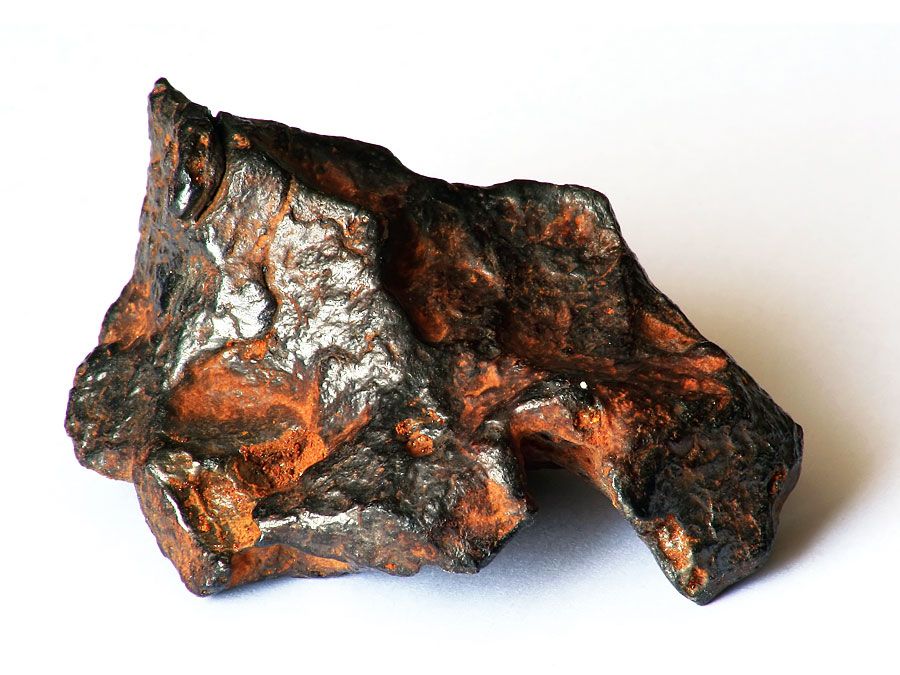Science & Tech
How Do Black Holes Really Work?
What is really going on inside of those terrifying faraway entities?
LIGO/T. Pyle
Is the Number of Hurricanes Increasing?
Tropical cyclones (hurricanes and typhoons) form over warm areas of the ocean where the water temperature is high enough to fuel evaporation and storm development.
NASA
Editor's Picks
How Much Water Should a Person Drink in a Day?
On average, women need to consume about 11 cups of water to stay hydrated each day, while men require approximately 15 cups.
epistemology
Epistemology, the philosophical study of the nature, origin, and limits of human knowledge. The term is derived from the Greek epistēmē (“knowledge”) and logos (“reason”), and accordingly the field is sometimes referred to as the theory of knowledge. Epistemology has a long history within Western
How Fast Is the Universe Expanding?
Learn why the Hubble constant doesn’t seem to be very constant.
6 Amazing Facts About Gravitational Waves and LIGO
Catch a gravitational wave or two.
nanotechnology
Nanotechnology, the manipulation and manufacture of materials and devices on the scale of atoms or small groups of atoms. The “nanoscale” is typically measured in nanometres, or billionths of a metre (nanos, the Greek word for “dwarf,” being the source of the prefix), and materials built at this
6 Questions About DNA Answered
Important questions asked and answered, briefly.
deepfake
Deepfake, synthetic media, including images, videos, and audio, generated by artificial intelligence (AI) technology that portray something that does not exist in reality or events that have never occurred. The term deepfake combines deep, taken from AI deep-learning technology (a type of machine
What Causes the Northern and Southern Lights?
What causes the auroras—that is, the northern lights and the southern lights?
Spotlight: Mummification
A team of scientists recently recreated the face of Peru's most famous mummy, "Juanita," or the "Ice Maiden." The girl is thought to have been sacrificed when she was between the ages of 13 and 15 some 500 years ago. Mummified by centuries of ice and snow, the body was well-preserved and is just one example of how mummification can occur naturally.
Quizzes
Name That Magnified Object!
Can you figure out what these common items are when they're extremely magnified?
Guess the Body Part Quiz
Taking this quiz requires guts.
Name That Thing: Science
Do you know the difference between a protractor and a compass?
Guess the Animal Eyes Quiz
Can you tell these creatures just by looking at their peepers?
Videos

Do different parts of the tongue taste different flavors?
Encyclopædia Britannica, Inc.
Galleries

7 Wonders of the Natural World

Meteorites

Coral

Life

Tornadoes

The Solar System
Featured Categories
Biology
6 Cell Organelles
A quick refresher course in biology!
How Does the Human Body Maintain Its Temperature?
Human body temperature is regulated by the hypothalamus in the brain.
10 Ways of Looking at Cells
Learn about 10 cutting-edge microscopy tools that scientists are using to explore the internal structure of cells.
13 Questions About How the Human Body Works Answered
Blood, brains, lungs, skin, and more.
Astronomy
9 Ghostly Planets
Were they ever out there to begin with?
Why Are Planets Round?
There are a lot of strange things in the universe, so why are planets round instead of every shape imaginable?
How Fast Is the Universe Expanding?
Learn why the Hubble constant doesn’t seem to be very constant.
Telescopes: Seeing Stars
For the last 400 years, telescopes have changed our view of the universe.
Mathematics
al-Khwārizmī
Al-Khwārizmī was a Muslim mathematician and astronomer whose major works introduced Hindu-Arabic numerals and the concepts of algebra into European mathematics. Latinized versions of his name and of his most famous book title live on in the terms algorithm and algebra. Al-Khwārizmī lived in
Unusual Counting Systems
In everyday life we use a base-10 counting system, but that is not something that has always been used in history.
Euclid
Euclid was the most prominent mathematician of Greco-Roman antiquity, best known for his treatise on geometry, the Elements. Of Euclid’s life nothing is known except what the Greek philosopher Proclus (c. 410–485 ce) reports in his “summary” of famous Greek mathematicians. According to him, Euclid
Aryabhata
Aryabhata was an astronomer and the earliest Indian mathematician whose work and history are available to modern scholars. He is also known as Aryabhata I or Aryabhata the Elder to distinguish him from a 10th-century Indian mathematician of the same name. He flourished in Kusumapura—near






































